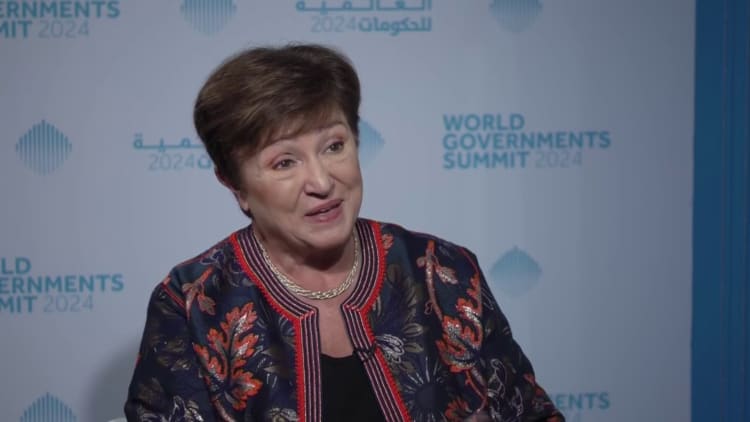China’s Economic Transition Faces Confidence Deficit, Says Standard Chartered CEO

China’s economy is currently undergoing a massive transition, but it is facing a major problem – a lack of confidence. According to Bill Winters, the CEO of Standard Chartered, both external investors and domestic savers lack confidence in China’s economy. This sentiment was expressed during a panel discussion at Dubai’s World Governments Summit.
Winters, however, remained optimistic about China’s future, stating that the country is experiencing significant growth rates, especially in the new economy sector. He pointed out that the new economy is booming with double-digit growth rates, particularly in areas such as electric vehicles, sustainable finance, and sustainability-related industries.

China’s economic challenges have caught the attention of the International Monetary Fund (IMF). Its Managing Director, Kristalina Georgieva, emphasized the need for Beijing to implement structural reforms in order to address these challenges. The IMF’s analysis shows that without these reforms, China’s growth could fall below 4%, which would be very difficult for the country.
Georgieva stressed the importance of shifting towards domestic consumption and reducing reliance on exports but highlighted the need for consumer confidence to achieve this. Fixing the real estate market and establishing a robust pension system are crucial steps, along with other long-term improvements to the fundamentals of the Chinese economy.
Despite the hurdles, Winters expressed confidence that China will successfully navigate this economic transition. He commended China’s efforts to manage the transition without disrupting the financial system, something that has been a challenge for Western countries in the past. While acknowledging the potential for growing pains, he believes China will emerge successfully.
The global economy is closely watching China, as its stock market fluctuations, deflation concerns, and property crisis have implications for global growth. The IMF report also highlights the impact of decreased demand for new housing, which accounts for about 25% of China’s GDP.
In conclusion, China’s economy is undergoing a significant transformation, but it is hindered by a lack of confidence. However, with the right reforms and continued growth in the new economy sector, China has the potential to overcome these challenges and emerge as a strong player in the global economy.
This article was written for Business Today. For more insights on finance and economics, visit Business Today at biztoday.us.
